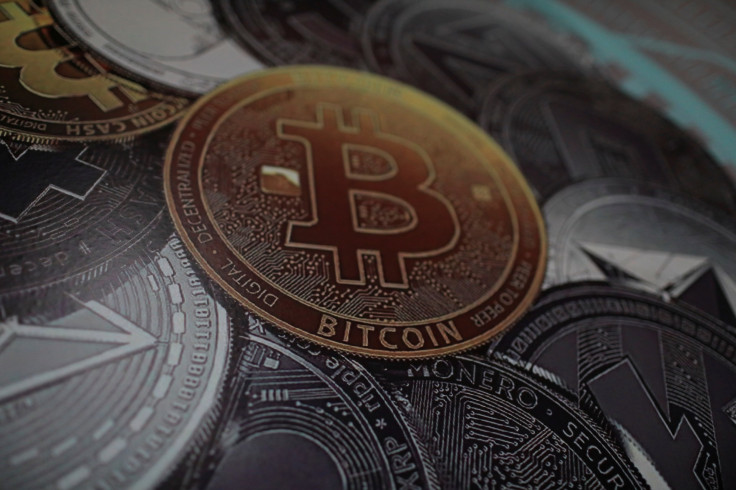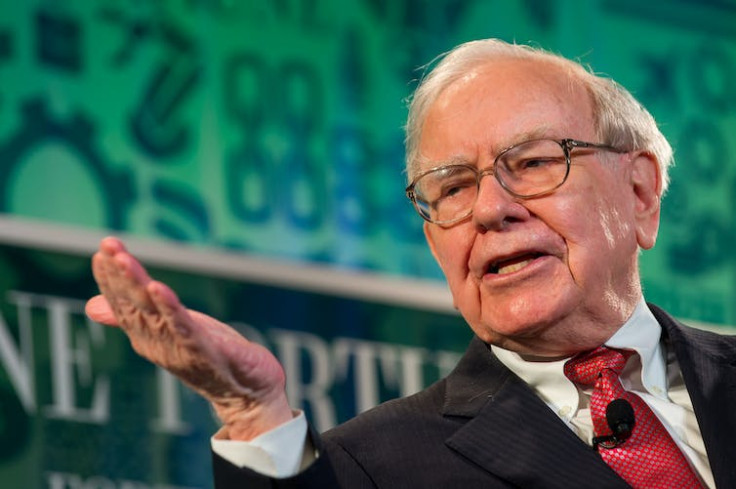What is the real value of a bitcoin?

One of the hot questions regarding the bitcoin since the first ones were created in January 2009 is its real value. According to Warren Buffett, the most influential investor in the world, the answer to this question would be: not much.
We will try as well to answer to this question using two concepts in economics and finance: minimal (or residual) value and Ponzi schemes. The minimal value approach is a prudent approach. Under this approach we would like to know what value remains when everything goes wrong as in cases of market disruption or economic crisis.
Value as a currency or value as an investment?
Before we try to value a bitcoin we would need to define it as a currency or as an investment. Its use as a means of payment with some merchants can lead us to see the bitcoin as a currency not tied to a country and without central bank.
Bitcoins are usually measured in terms of their exchange rate to the Japanese Yen and US dollar as these two currencies remain the main currencies for which bitcoins are exchanged.
We will now try to value bitcoins as a currency using the minimal-value approach.
All major currencies have a central bank that monitors the exchange rate of their currency respective to other currencies and mostly to the dollar. Contrary to most traded currencies, bitcoin does not have a central bank or an entity monitoring its exchange rate. Therefore, bitcoin exchange rate to the dollar or to the Japanese yen could theoretically go down to zero.
As some academics and practitioners would qualify it bitcoin cannot be considered as a currency but as an investment. In finance, we would measure an investment’s intrinsic value as the sum of future revenues it generates (with a discount to account for time). Bitcoins do not generate any present or future revenues. Therefore, as an investment and using a minimal value approach bitcoins have a zero minimal value.
Is the bitcoin the new gold?
Some assets do not generate revenues, the best known unproductive asset being gold. Bitcoin has frequently been compared to gold given that it cannot be considered as a currency but like an investment that generates no revenues. Using our minimal-value approach, we can assume that gold has a minimal market value due to its industrial use. Indeed, the value as an industrial good of gold would become the minimal value even if it would have no value as a financial investment. Again, bitcoin at this stage does not have any industrial use and could not pretend to such minimal value.
That said, to avoid a totally biased view of the bitcoin, we could argue on one potential value for it as an investment – finance methods see a value in diversification. For asset managers with large investment portfolios, one value of bitcoin could therefore come from the fact that bitcoin is not fully correlated to financial markets.

Or maybe a Ponzi scheme
Then after all we have seen, why do bitcoins have a value on the market? As Warren Buffet puts it, “All you’re counting on is the next person is going to pay you more”. This answer corresponds to the definition of a Ponzi scheme.
A Ponzi scheme can be defined as a dishonest investment scheme where older investors are paid by new entering investors. For the Ponzi scheme to work you need to have a continuous stream of new investors. In this type of system only one manager works at attracting new investors. In the case of bitcoin, the specificity relies on the fact that all owners become bitcoin managers in most cases without knowing it.
Ponzi schemes do not usually give solid grounds for an asset value. Again, assets valued through a Ponzi scheme end up having no value once the Ponzi scheme unravels or collapses. Ponzi schemes usually collapse in times of crisis, when it lacks new entrants or when people try to massively withdraw from it. If the bitcoin system proves to be a Ponzi scheme, the next economic downturn may soon unravel it and bring down bitcoin to its minimal value: not much.
Dejan Glavas, PhD Candidate in Finance, ESCP Europe
This article was originally published on The Conversation. Read the original article.





















